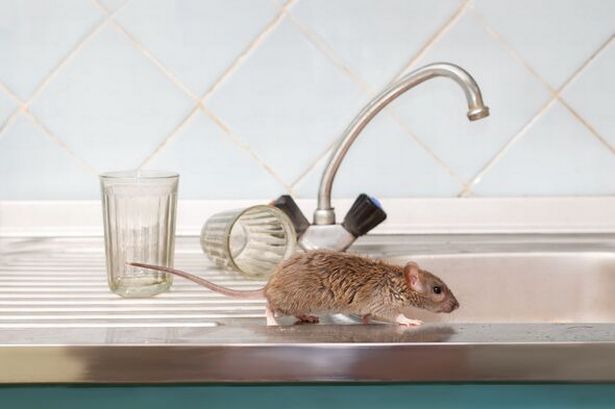Leaving your elderly loved one in the care of strangers can be difficult. When you entrust their care to a nursing home, it’s essential that you feel confident in that home’s ability to take care of them properly, after all. However, there are times when nursing home residents may become victims of preventable accidents or staff abuse. Here are six essential tips you should know about that will help you prevent nursing home negligence and abuse:
1. Know When to Hire a Lawyer
Accidents and tragedies can still occur even if you do everything you can to keep your loved one safe while in a nursing home. With this in mind, knowing when to seek out legal help becomes critical. If your loved one has been injured or realises that a nursing home is being operated negligently, a lawyer can help you fight the system. They will ensure that the nursing home takes your situation seriously and can help you seek compensation. For those who can afford to, finding a nursing home lawyer that you can have ready before you enrol your loved one in a nursing home can be highly useful in the long run.
2. Visit Your Loved One Often
To keep your loved one safe and secure, you must clearly understand how their daily nursing home experience is going. You can ensure they stay safe behind the nursing home’s walls by visiting your loved one often. Be sure to foster a loving and trusting relationship with your elderly loved one so they will feel safe and comfortable asking for help in the case of an accident or ongoing abuse. If you notice sudden antisocial or distant behaviour in your elderly loved one, seeking external mental health support may be a helpful step towards identifying the root cause of their behaviour.
3. Research the Facility
Before you leave your elderly loved one in the care of a nursing home, you need to know everything there is to know about said home. By taking the research process seriously, you will feel more at ease about giving up your elderly loved one’s care to a nursing home’s staff. If you find red flags and past misconduct while researching a potential nursing home choice, it’s best to keep looking. Thankfully, many options are often available, especially if you live in (or nearby) a central metro area. The more vigilant you are in researching potential nursing homes, the better.
4. Promote Elder Health
A healthy older adult is much less likely to become an accident victim. Especially when it comes to slip-and-fall accidents (which are incredibly common in nursing homes), a healthy physical state can provide excellent prevention. The healthier your elderly loved one is, the faster they’ll recover from potential injuries. Thankfully, many nursing homes have dedicated health programs that assist their patients in staying healthy and fit during their golden years. If this is a priority for you, you should look into any fitness benefits a potential nursing home choice may offer for your elderly loved one.
5. Take Notes When You Visit
To prove your case in the unfortunate scenario of bringing a lawsuit against a nursing home, you must adequately prepare yourself. Evidence is king in this situation, so having ample documentation and evidence that proves a nursing home’s negligence can make or break your case’s chance of success. When you visit your elderly loved one, be sure to take notes on the current state of the home (in regards to the property, your elderly loved one’s care, and more). These notes could provide crucial evidentiary support later on, after all. If you take notes and stay up-to-date with documentation, a knowledgeable nursing home lawyer can help you assemble a bulletproof case quickly.
6. Confront Potential Problems Immediately
It is essential to speak up when you notice something. There is alleged elder abuse behind the scenes if a nursing home has visible tripping hazards, poorly maintained property, or a cruel staff. By being proactive in speaking out, you can more effectively protect your elderly loved one from abuse. By speaking to a nursing home’s director about your concerns and documenting the conversation, you can ensure that you’ll be adequately prepared for legal action if the situation calls for it later on. If you speak out about potential signs of abuse, you may be protecting your loved one and other elderly residents of the nursing home.













